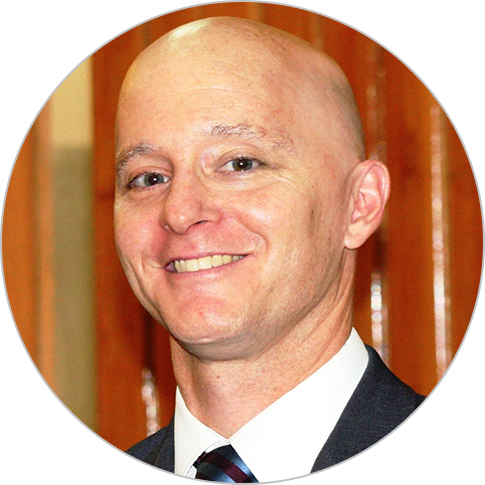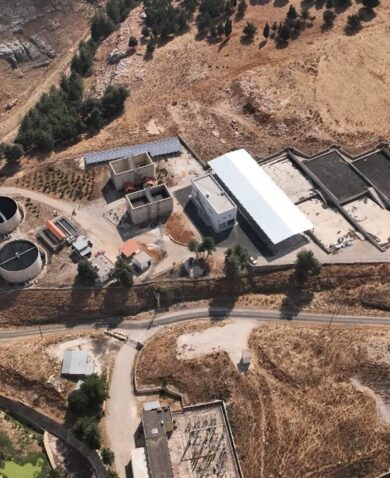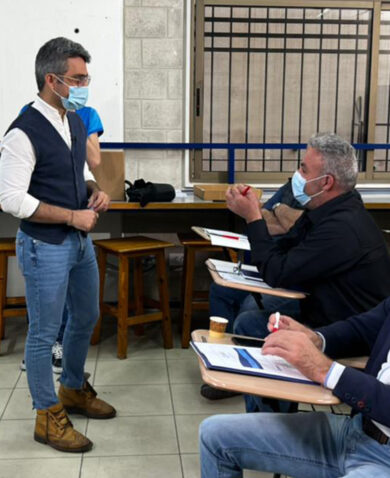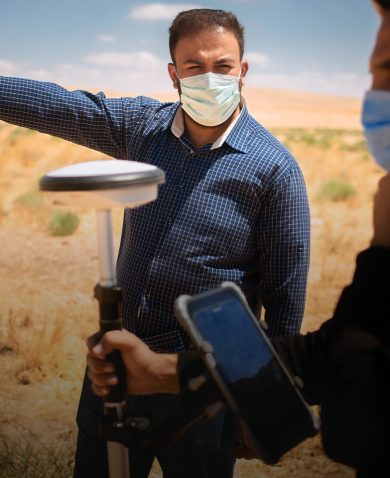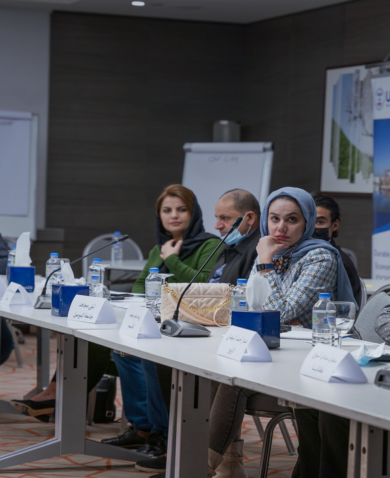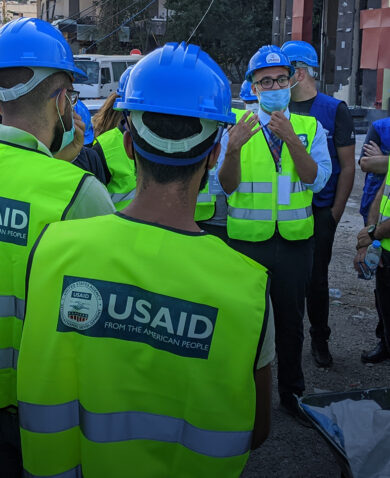
The Role of Decentralization in Combatting Extremist Influence in Iraq
June 6, 2017 | < 1 Minute ReadIn this article, Todd Diamond argues that supporting government institutions at the local level is key to ensuring Iraq's long-term stability.
This post originally appeared on The Atlantic Council.
Many governance experts see decentralization as a potential model to mitigate political and sectarian challenges in Syria, Libya, and Iraq and improve livelihoods in those countries by restoring basic services to local populations. But in countries with a long history of absolute control, central government officials frequently resist any reforms seen as weakening their influence, and local governing bodies may not have the capacity to absorb increased responsibility. In recent years, the lack of public service delivery in conflict-affected countries in the Middle East has enabled organized armed groups to claim legitimacy because they can provide such services. Despite these challenges, the government of Iraq, assisted by the US Agency for International Development (USAID), has demonstrated that decentralization can distribute responsibility and authority effectively, improve service delivery, and diminish the influence of extremist groups.
For the past three years, USAID has assisted the government of Iraq in realizing its vision of decentralization through the Governance Strengthening Project, known locally as Taqadum and implemented by Chemonics. The results of the project have demonstrated to elected provincial officials across the country the value of improving the quantity, quality, and accessibility of citizen-centered services, despite the country’s political and economic upheaval and security challenges. Iraq’s decentralization process has also provided elected provincial officials with political and economic incentives to take responsibility for service delivery and to challenge bureaucratic bottlenecks at the central level … Read the full post on The Atlantic Council.
Posts on the blog represent the views of the authors and do not necessarily represent the views of Chemonics.

